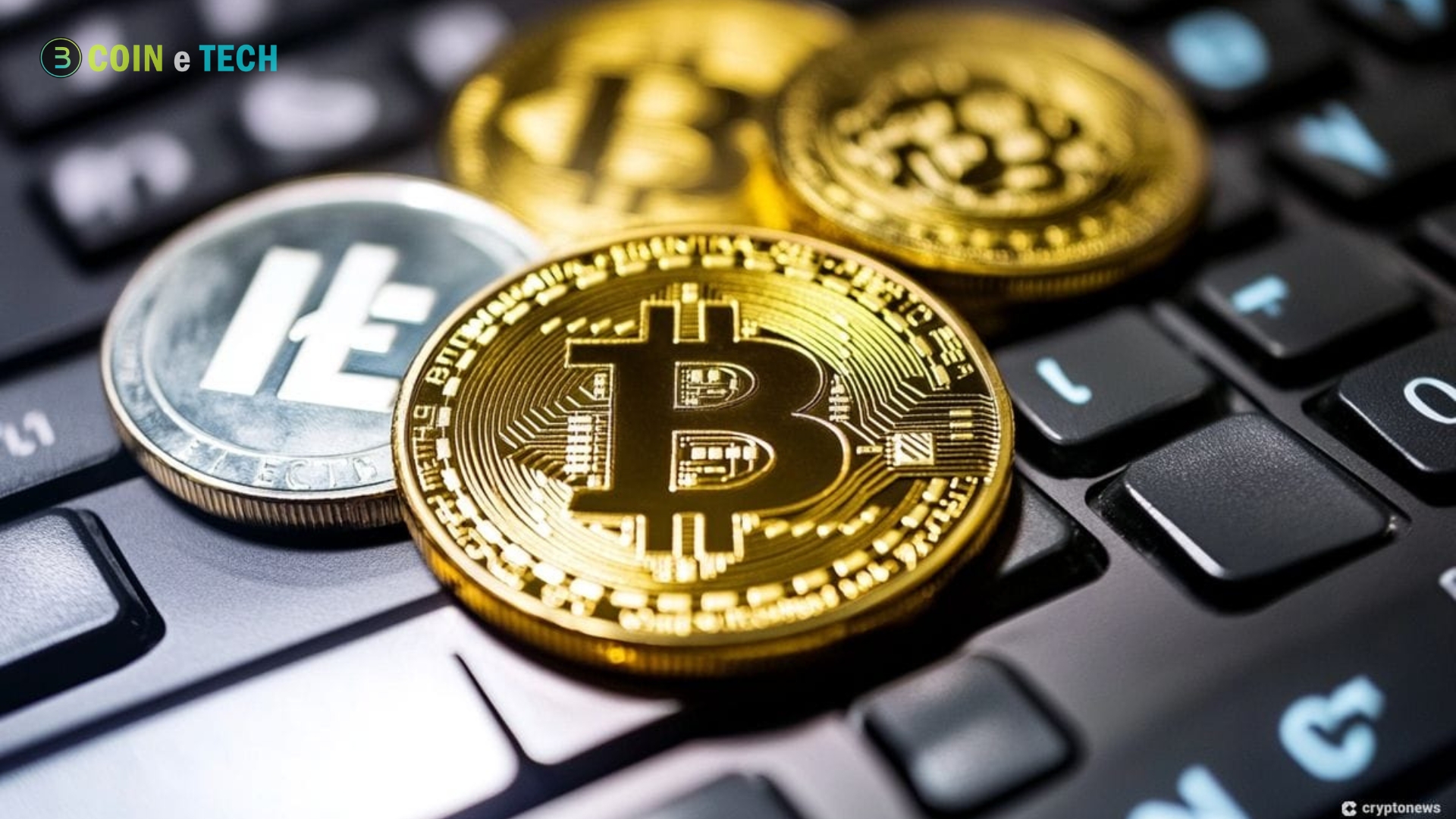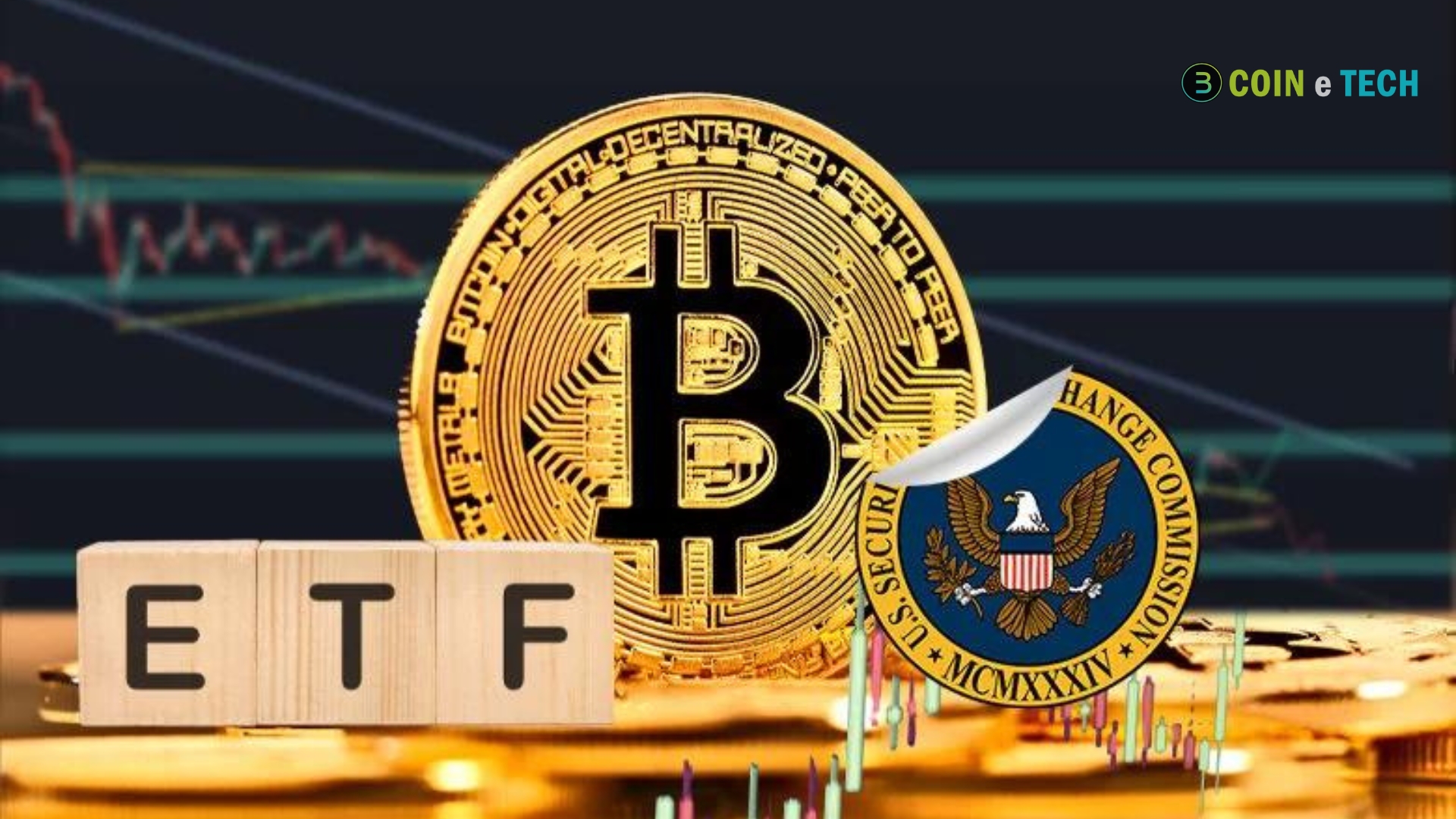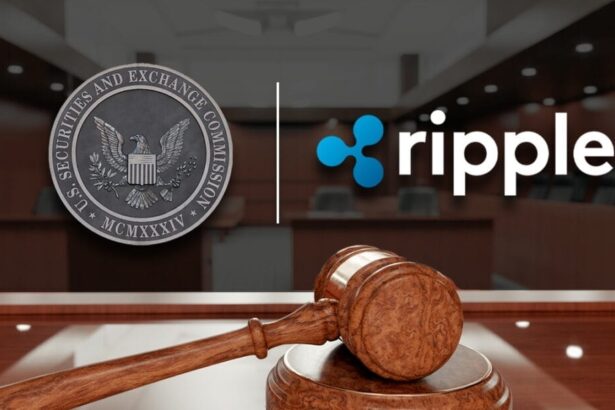A well-known research organization focusing on economics and finance has questioned the approval of spot crypto ETFs (exchange-traded funds) in South Korea. According to a study by Bo-mi Lee of the Korea Institute of Finance, the hazards of these financial instruments may be much higher than their benefits.
The effects of cryptocurrency exchange-traded funds (ETFs) on international financial markets, including their potential effects on liquidity, resource allocation, and market volatility, have been the subject of heated discussion.
Crypto ETFs in the Context of Global Financial Market
Spot crypto ETFs may have potentially far-reaching effects on international financial markets. Some have speculated that these products would increase market accessibility and liquidity by letting investors purchase exposure to cryptocurrencies such as Ethereum and Bitcoin without holding any underlying assets.
Nevertheless, there is a set of dangers associated with them that might shake up global financial institutions. Concerns over the potential effects of spot ETFs on financial stability exist due to their capacity to draw large amounts of capital into the cryptocurrency market, particularly during price increases.
The introduction of spot Bitcoin ETFs piqued investors’ interest to an unprecedented degree, leading to inflows of more than $20 billion in the first few weeks of trading. This enormous influx of wealth surpassed Bitcoin’s daily output of around 1,800 BTC, which averaged over $500 million (equal to roughly 10,000 BTC).
Additionally, due to less stringent regulations on fees and conflicts of interest, these funds may not provide the same level of investor protection as other exchange-traded funds. Despite voting to spot Bitcoin ETFs, SEC Chair Gary Gensler stated that the agency’s product approvals did not support Bitcoin. “Mainly a speculative, volatile asset that’s also used for illicit activity including ransomware, money laundering, sanction evasion and terrorist financing,” he said of the Bitcoin.
Enhanced Market Volatility
A major worry is the potential for spot crypto ETFs to increase market volatility. Cryptocurrencies’ already notoriously volatile prices would worsen if exchange-traded funds (ETFs) were to enter the market. Funds flowing into and out of these ETFs as they gain more investors could cause sharp price changes.
This can cause a flood of money into the cryptocurrency market during market excitement, which could cause bubbles. The opposite is true during downturns: quick withdrawals of funds could cause steep drops, which would increase market instability generally.
However, data analysis firm Bauer claims that Bitcoin volatility has been steadily decreasing for a while now. In the 100 days following the launch of Bitcoin futures, the firm claims that volatility, defined as the average percentage change in price daily, has remained below 4.5 percent. Following the launch of spot Bitcoin ETFs, the company anticipates a further reduction in this volatility.
Distortions in Resource Allocation and Liquidity
Another important consideration is problems with resource allocation and liquidity due to market changes. The large influx of cash into the cryptocurrency market through exchange-traded funds (ETFs) heightened the potential for inefficiencies in the distribution of financial resources.
An uneven capital distribution may result if banks pour more money into cryptocurrency assets and less into other areas. This may also negatively impact the liquidity of the financial markets. Given that the Federal Reserve’s current QT and high Treasury issuance might already cause a considerable decrease in liquidity in the US, this is of the utmost importance.
The Federal Reserve is currently lowering the amount of idle market cash by allowing $95 billion per month to roll off its balance sheet. By Q3 2024, the predicted decline in reverse repurchase agreement (repo) balances will have reached zero, putting more strain on bank reserves and perhaps creating a liquidity crisis in the financial system.
Systematic Risk
The wider financial system may be vulnerable to systemic threats posed by crypto ETFs. Investing in these funds would better integrate the crypto market with the conventional financial system. Because of the interdependence of the various parts of the financial system, major problems in the cryptocurrency market could affect other types of assets and banks.
Even though exchange-traded funds (ETFs) are meant to be liquid, liquidity can dry up during market stress. Liquidity constraints may occur if many investors try to sell their Crypto ETF shares simultaneously.
Need for Robust Regulatory Frameworks
Strong regulatory frameworks are essential for reducing the risks connected to crypto assets and the ETFs that support them. These frameworks should aim to achieve financial market stability and investor protection.
In 2022, the White House issued the first all-encompassing guideline for ethically creating digital assets. Established regulatory bodies, including the SEC and the CFTC, were urged to take action under the framework.
The President’s authority is limited, and the rules are merely suggestions. The rules pushed for responsible innovation, financial stability, and consumer protection. But after cryptocurrency exchange FTX went down and other prominent sector bankruptcies like BlockFi, U.S. regulatory bodies became increasingly antagonistic. The crypto business was particularly subject to a swoop by the SEC and the CFTC.
President Joe Biden recently used his veto power to block a bill in Congress that would have invalidated SEC guidance, which the cryptocurrency industry claims has hindered its capacity to collaborate with banks. The crypto community was understandably irritated by the decision to veto the resolution, and others were even more worried that it would limit innovation and slow down the industry’s growth.
South Korea’s Financial Landscape
Launching spot crypto ETFs has sparked widespread worry, especially in the South Korean environment. To better safeguard its citizens, the country’s financial watchdog has begun cracking down on cryptocurrency assets. Token evaluations by registered crypto exchanges will be mandatory from July 19.
All domestic cryptocurrency exchanges are now lawfully required to reevaluate their token listing policies every six months and adhere to some basic requirements. These digital currencies must also undergo reliability testing to ensure they meet regulatory requirements, adhere to security standards, and are issued by a reputable institution. The government has also warned that platforms that do not adhere to the new regulation may be subject to fines or jail time of at least one year.
Impact of Spot Crypto ETFs on South Korea’s Financial Stability
South Korea is a big player in the crypto market, and introducing spot crypto ETFs there could affect the country’s financial stability. In the first quarter of this year, South Korea won, surpassing the US dollar, to become the top fiat currency for cryptocurrency trading.
Surpassing the $455 billion volume in US dollars, the currency accounted for almost $456 billion in trading activity on controlled crypto exchanges. Also, according to a recent poll, many young South Koreans are looking to cryptocurrency and stocks as a replacement for the country’s pension system.
Among those in the age bracket of 20–39, the research indicated that 75% “don’t trust” pensions offered by the government. When asked how they were saving for retirement, more than half of those who indicated they were doing it themselves said they were using cryptocurrency and stock markets.
According to Lee, spot crypto ETFs in South Korea might also witness a substantial influx of funds due to the country’s high appetite for cryptocurrency. He said that financial market liquidity and the soundness of financial organizations will deteriorate as prices fall, leading to inefficient resource allocation. According to the expert, additional research on the country’s pros and cons of launching spot crypto ETFs is necessary. At this time, the researcher maintains that the potential costs outweigh the potential gains.
Final Thoughts
According to a paper by the Korea Institute of Finance, it is important to exercise caution and carefully consider the risks associated with spot crypto ETFs. Despite their benefits, these financial instruments pose possible hazards to financial stability, market volatility, and resource allocation. The report stressed the importance of thorough research and strong regulatory frameworks for crypto ETFs to avoid unforeseen repercussions.






